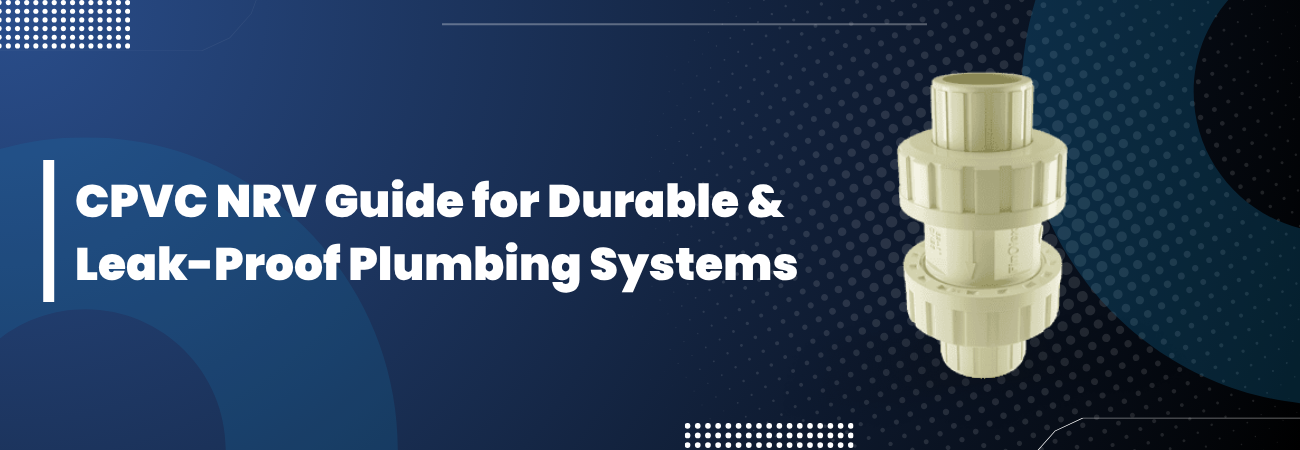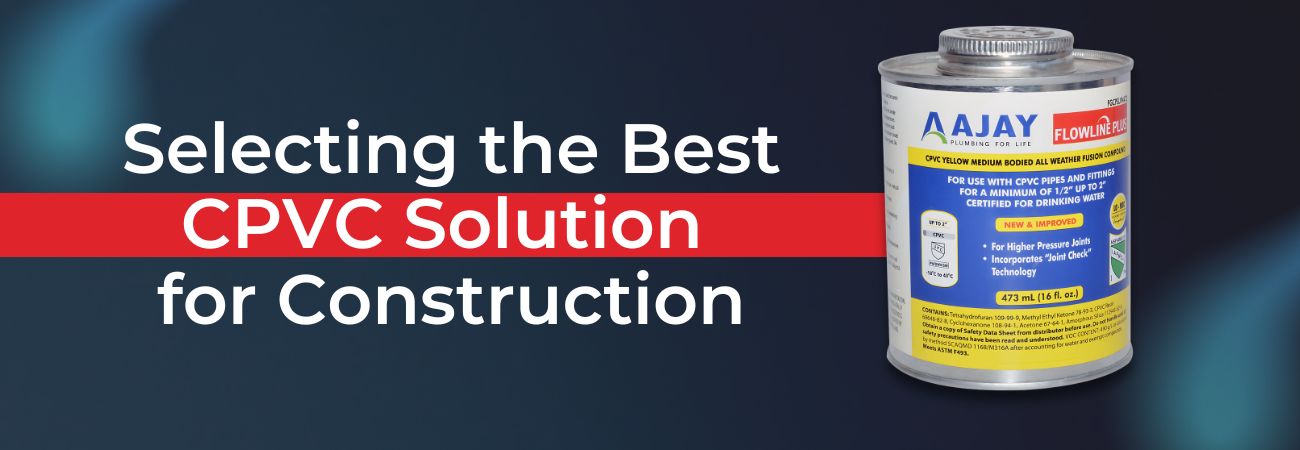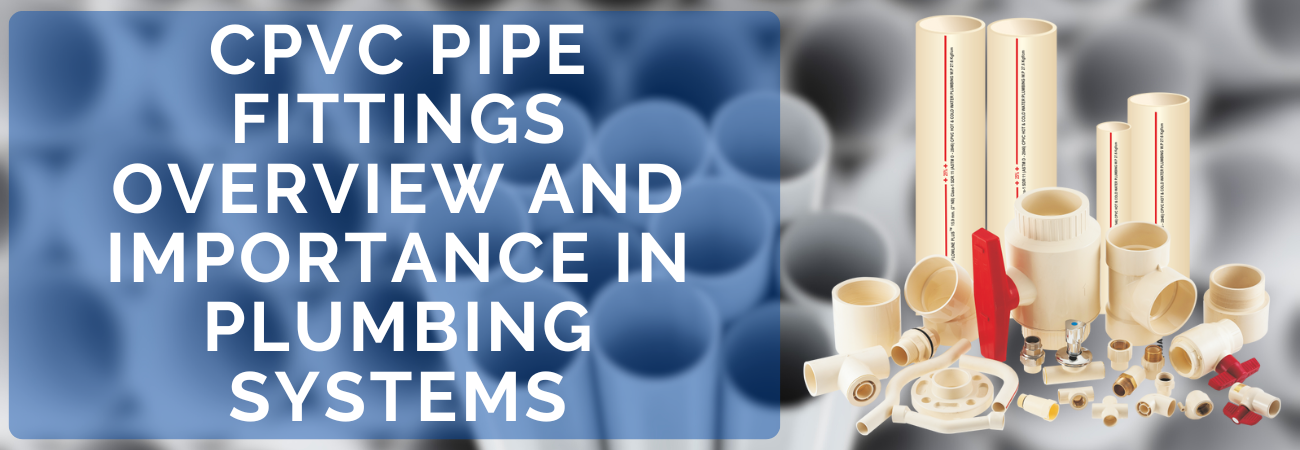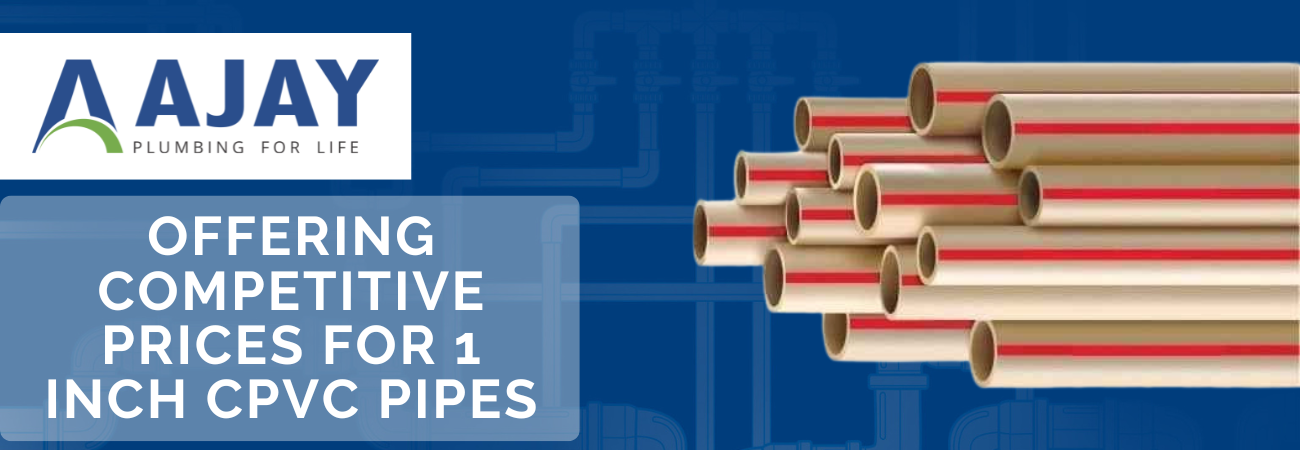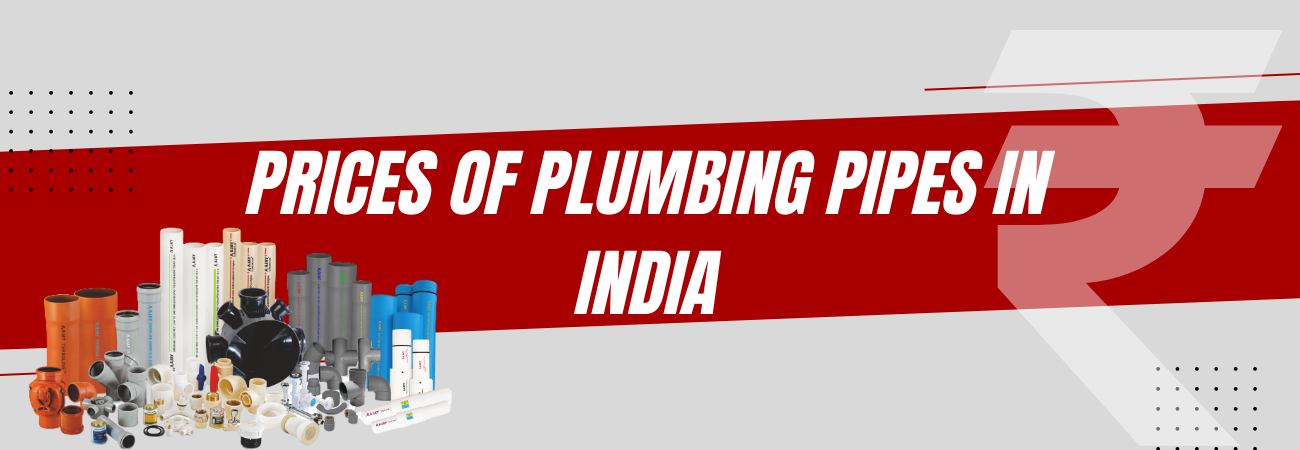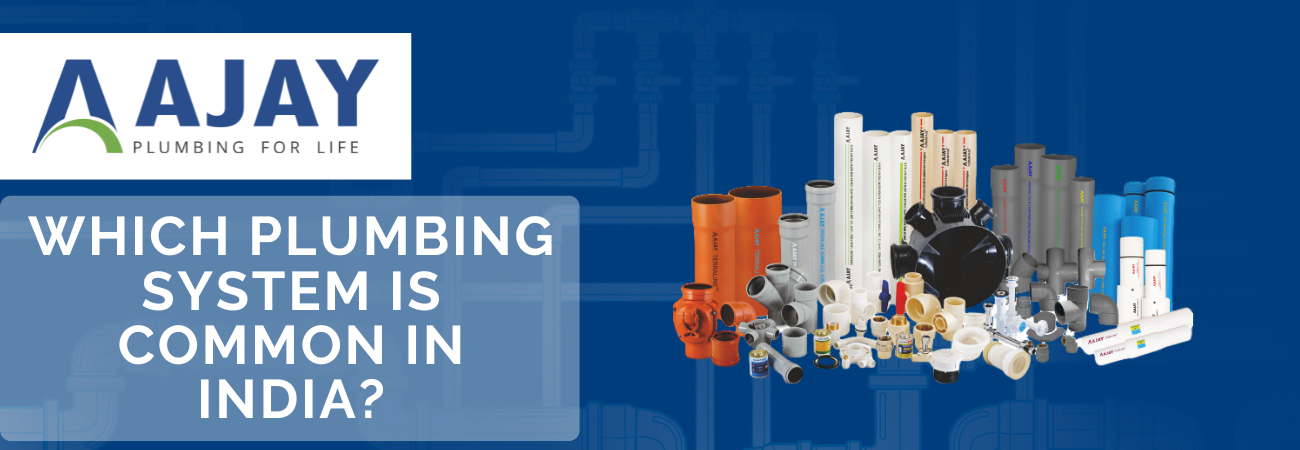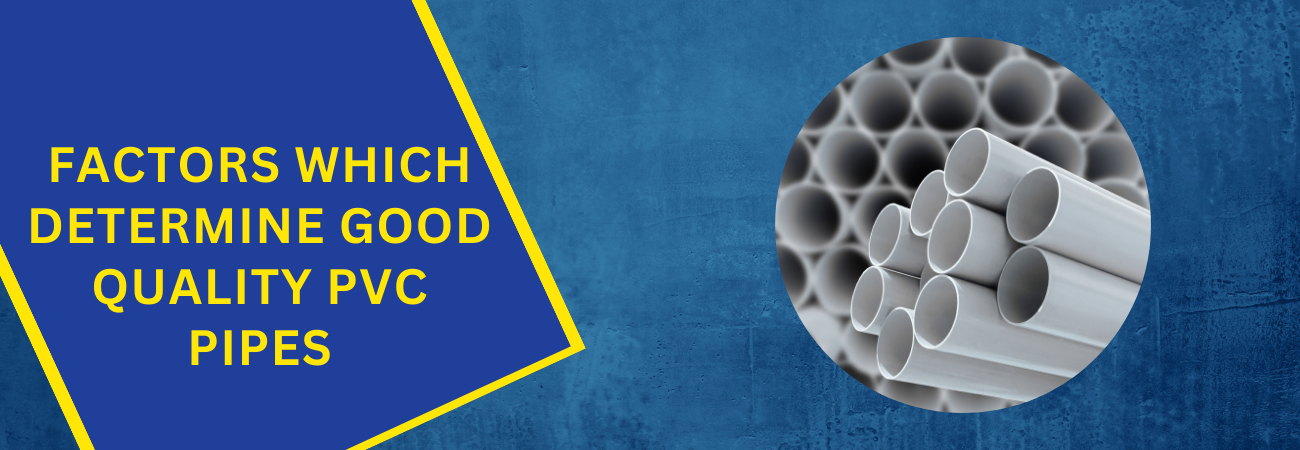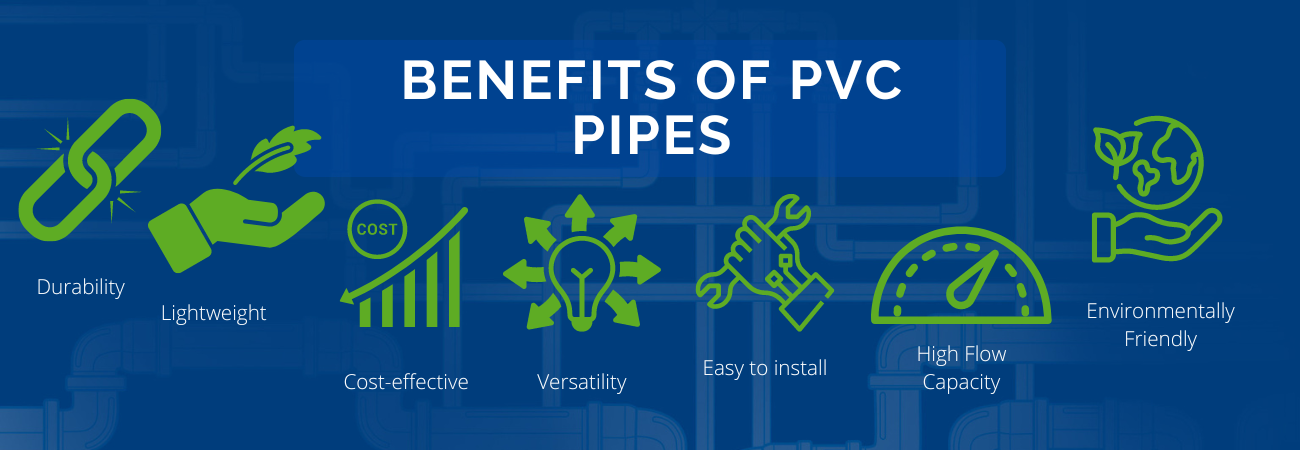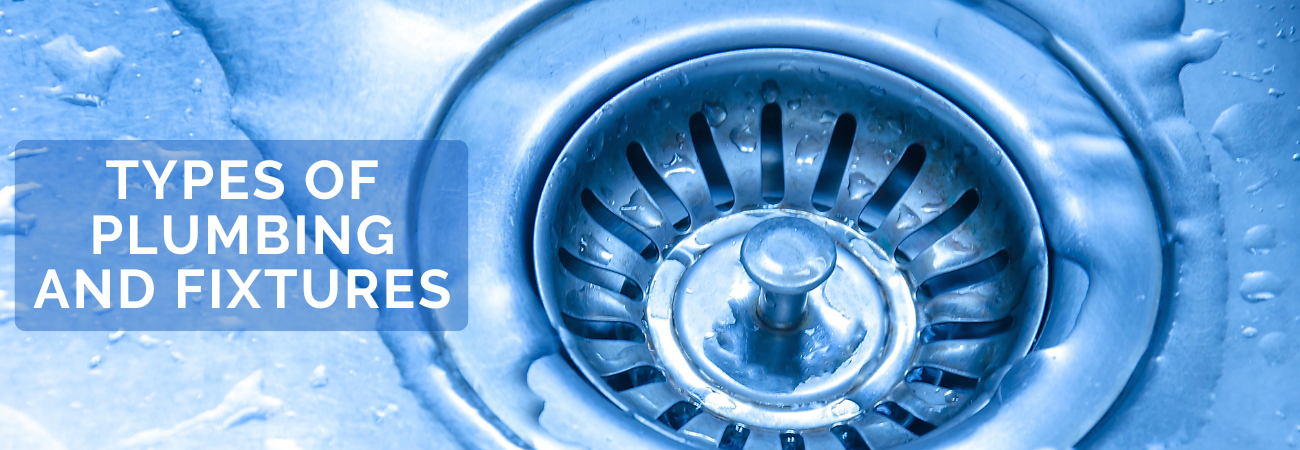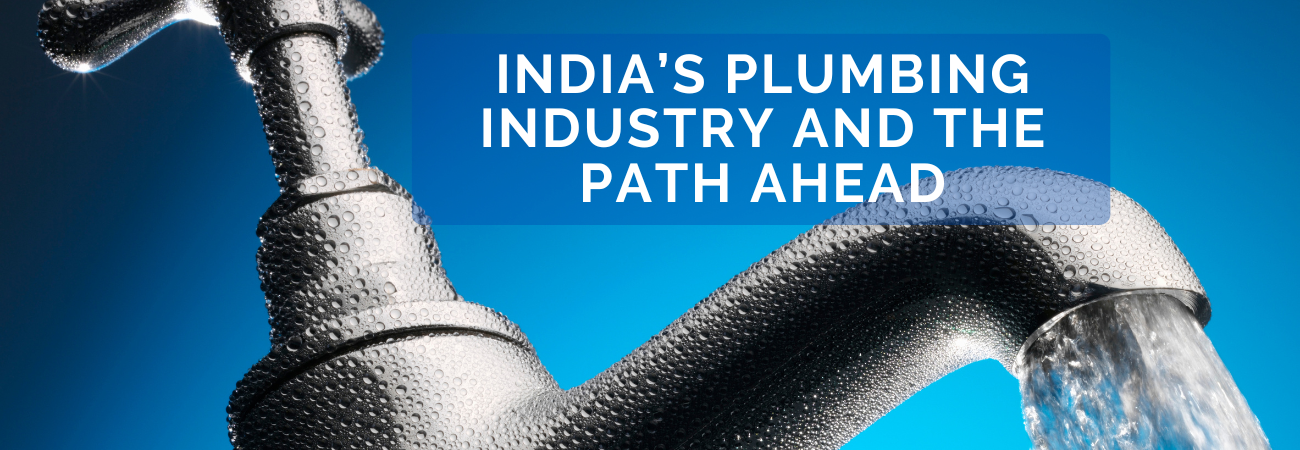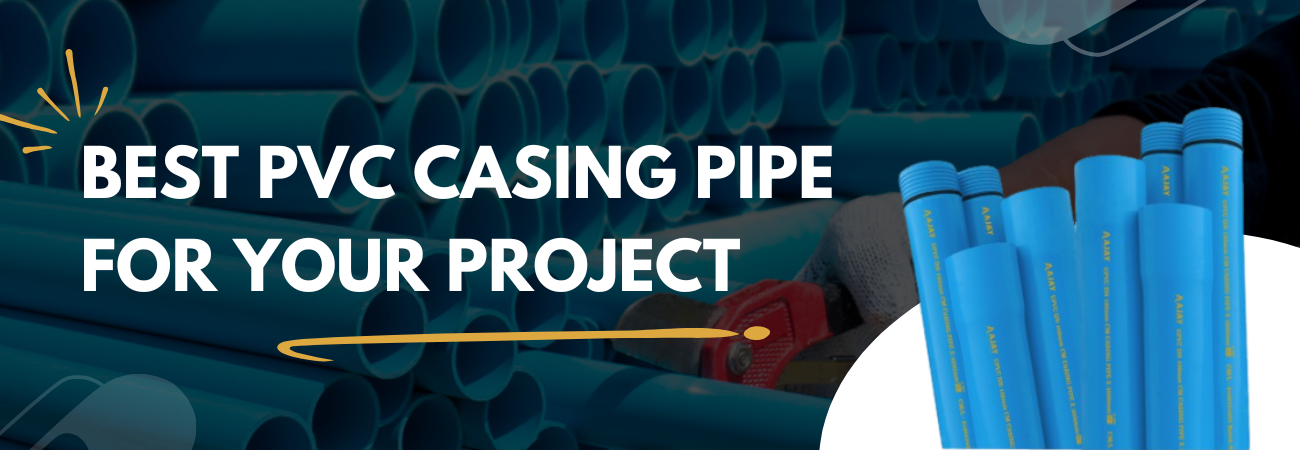
Best PVC Casing Pipe for Your Project
Introduction
PVC casing pipes are an essential component in borewell and submersible pump installations. Known for their durability, corrosion resistance, and lightweight structure, these pipes serve as a protective cover for borewells, safeguarding the water source from soil, debris, and contaminants.
Whether you’re a contractor, builder, or homeowner planning a water supply system, understanding the uses and advantages of PVC casing pipes is crucial. In this guide, we’ll explore their benefits, applications, and tips for selecting the best type—while naturally incorporating key plumbing terms like PVC profile, CPVC end cap, and best coupling solutions.
Types of PVC Casing Pipes and Their Applications
PVC casing pipes are broadly categorized based on pressure rating, depth, and application:
1. Shallow Well Casing Pipes
- Ideal for bore depths up to 80 meters
- Lightweight and easy to install manually
- Commonly used in rural and agricultural applications
2. Medium Well Casing Pipes
- Designed for depths between 80–250 meters
- Thicker wall for enhanced strength
- Used for domestic and commercial borewells
3. Deep Well Casing Pipes
- Built for depths beyond 250 meters
- Requires machine installation due to higher weight
- Used in high-demand water extraction projects like housing colonies, factories, etc.
Advantages of Using PVC Casing Pipes
1. Corrosion and Chemical Resistance
Unlike traditional steel or cast iron, PVC casing pipe is immune to rusting and chemical attacks. This ensures a longer service life, especially in saline water zones.
2. Easy Installation
Thanks to its lightweight structure and threaded joints, PVC casing pipe installation is quick and efficient—especially when paired with the best coupling solutions for leak-proof connections.
3. Environmentally Friendly
PVC pipes can be recycled and typically have a smaller carbon footprint than metal pipes, making them an eco-friendly choice for your project.
4. Seamless Integration with Other Plumbing Components
PVC casing pipes work seamlessly with accessories like:
- PVC profiles for structured installations
- CPVC end caps for closing the pipe ends securely
- Compression-type couplings for strong jointing
How to Choose the Right PVC Casing Pipe
1. Understand Your Borewell Depth
Use the following guide:
Borewell Depth | Recommended Pipe Type |
|---|---|
0–80 meters | Shallow Well |
80–250 meters | Medium Well |
250+ meters | Deep Well |
2. Check Pipe Diameter and Pressure Rating
- Ensure the diameter matches your submersible pump size.
- Opt for ISI-marked pipes that meet Bureau of Indian Standards (BIS).
3. Material Quality and Finish
Always inspect the pipe for uniform thickness and a smooth PVC profile. This ensures fewer blockages and better water flow.
4. Compatibility with Fittings
Top Applications of PVC Casing Pipe in India
Make sure your pipe is compatible with quality accessories like:
- Best coupling joints for mechanical strength
- CPVC end cap for secure pipe sealing
PVC casing pipes are widely used in:
- Agriculture: For tubewells and irrigation systems
- Domestic Housing: For borewells and overhead tank connections
- Industrial Plants: For groundwater extraction
- Government Water Projects: Due to low maintenance and durability
Maintenance Tips for PVC Casing Pipes
- Clean the pipe interior every 6–12 months for uninterrupted water flow
- Avoid over-tightening joints to prevent cracking
- Use CPVC end caps to prevent debris entry when not in use
- Periodically inspect couplings for wear and tear
Conclusion:
Choosing the right PVC casing pipe is not just about cost—it’s about long-term durability, water safety, and hassle-free maintenance. Always go for ISI-certified, high-grade pipes with compatible fittings like CPVC end cap, PVC profile, and best coupling for a complete and reliable system.
FAQ:-
A PVC casing pipe is used to protect the borewell and submersible pump system from soil, sand, and contaminants. It ensures clean water supply and structural integrity of the well.
PVC casing pipes are thicker, more pressure-resistant, and designed for underground and borewell use. Standard PVC pipes are typically used for above-ground water transport.
Yes, in many setups, CPVC end caps and fittings are used for sealing and terminating PVC casing pipes, depending on compatibility and design.
Threaded or compression-type couplings made from high-quality plastic or brass are considered the best coupling options for PVC casing systems due to their leak-proof performance.
For any queries, contact the plumbing experts at Ajay pipes on the Toll Free No. : 1800-11-4050 or via email at our email address info@ajaypipes.com

